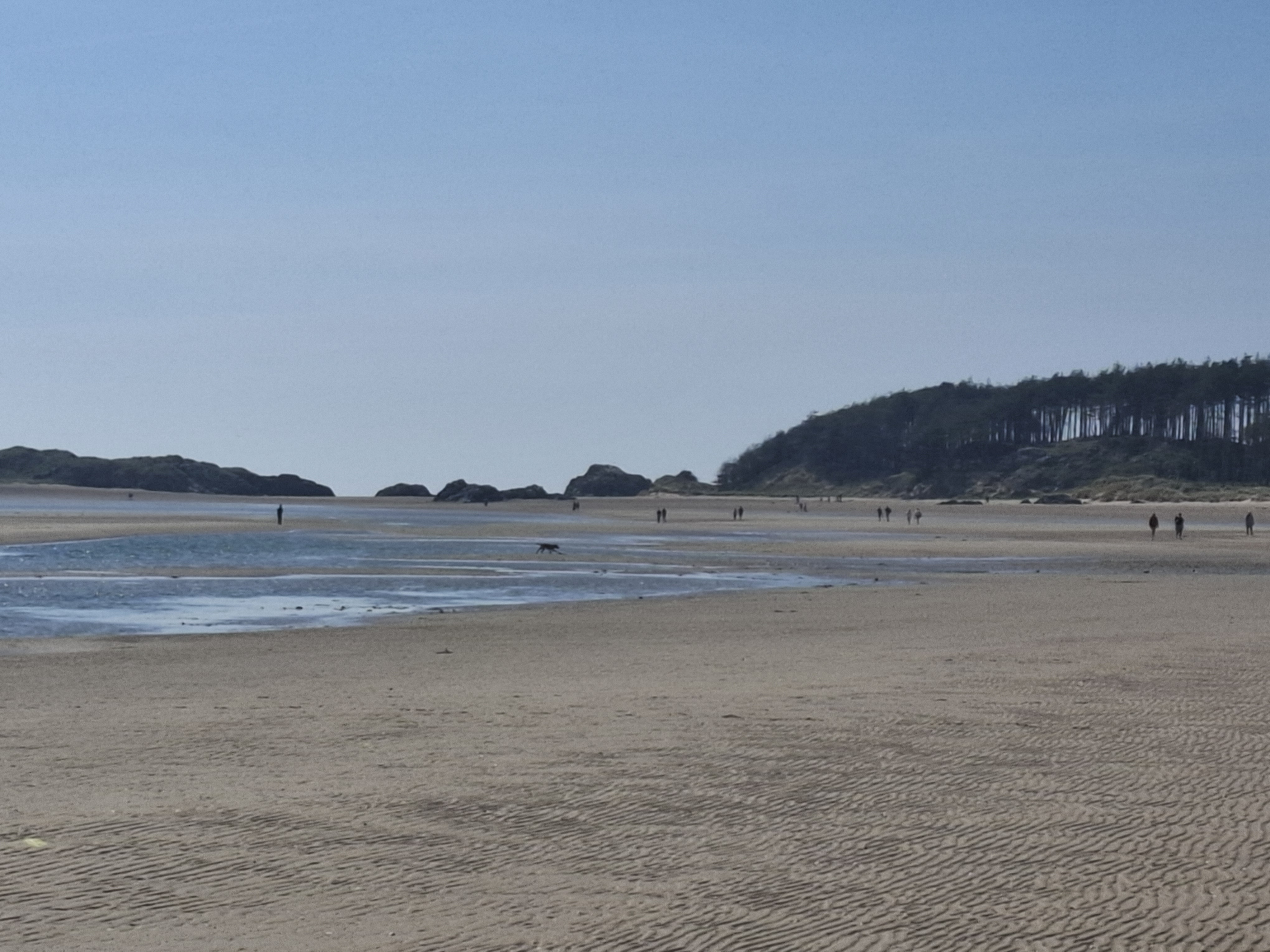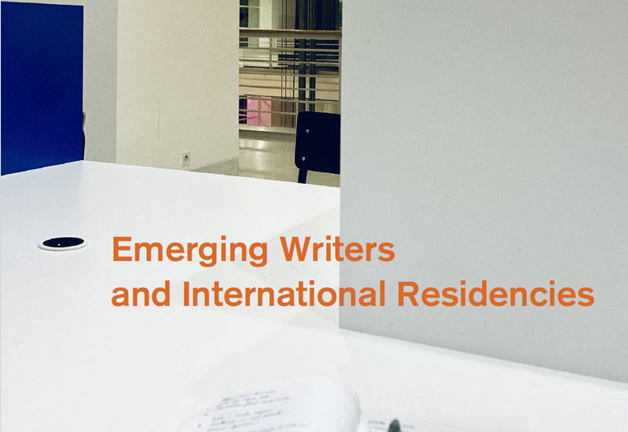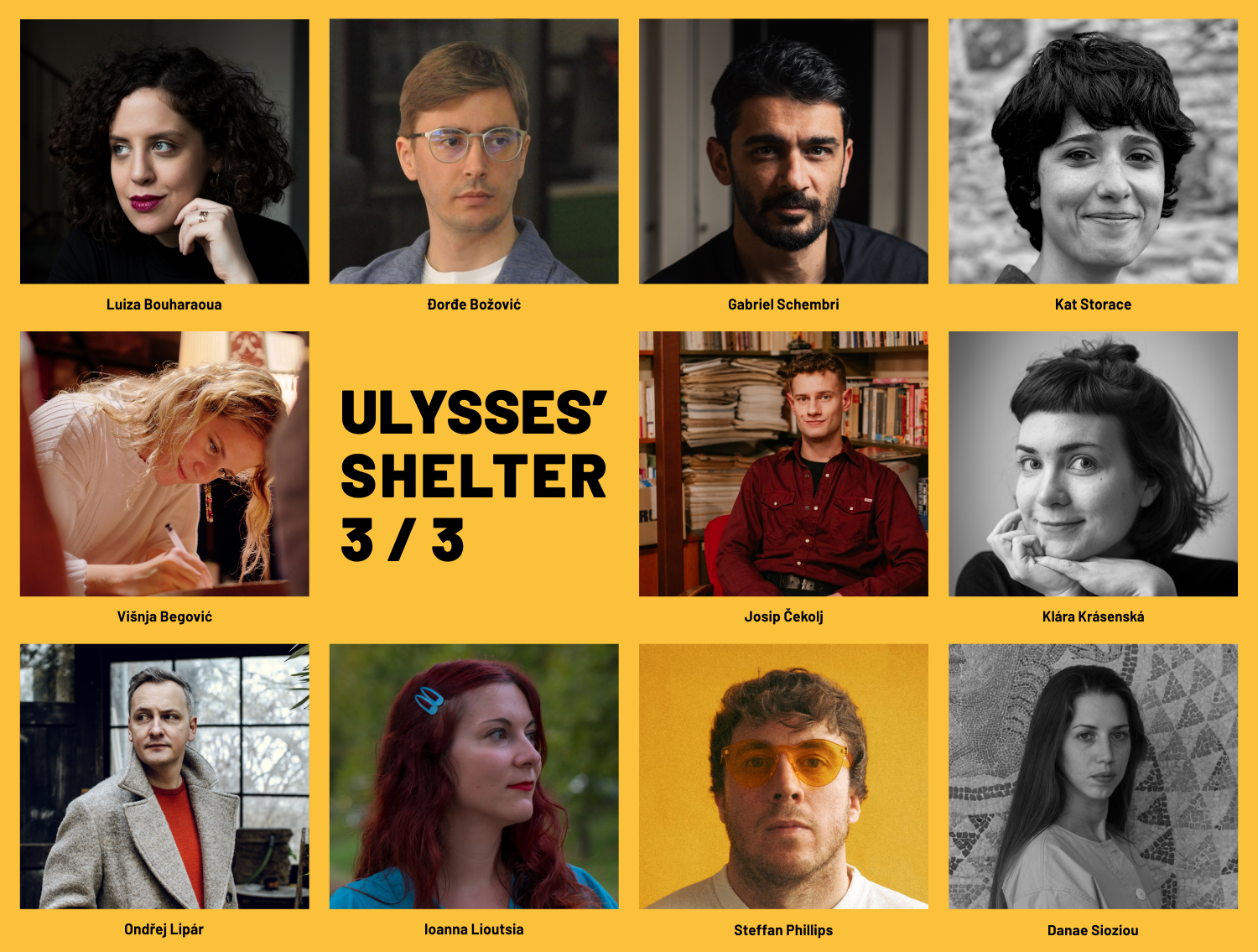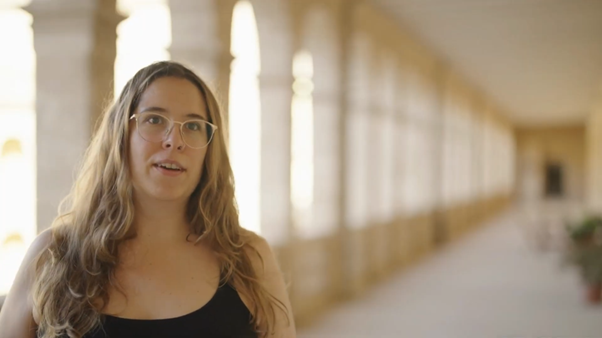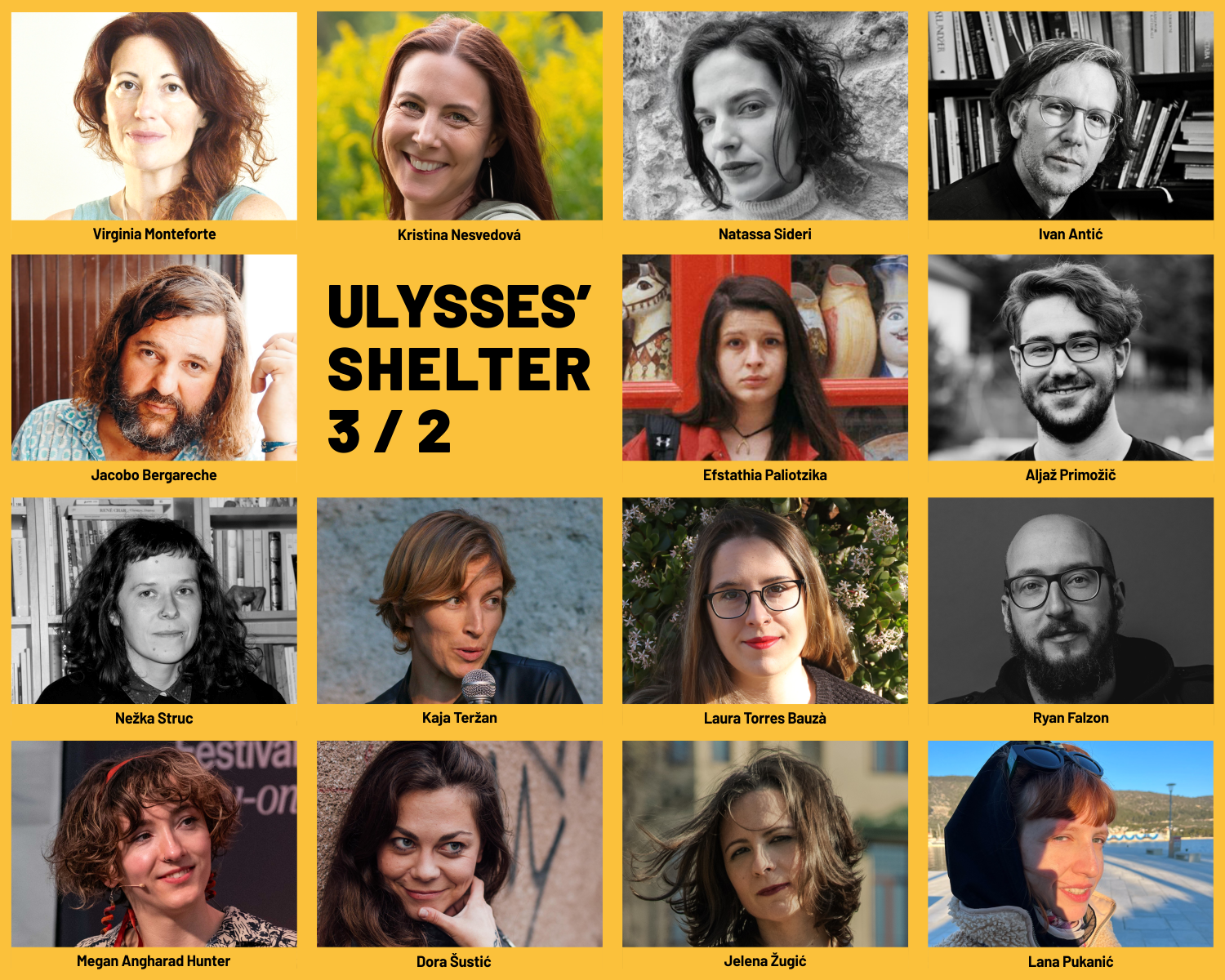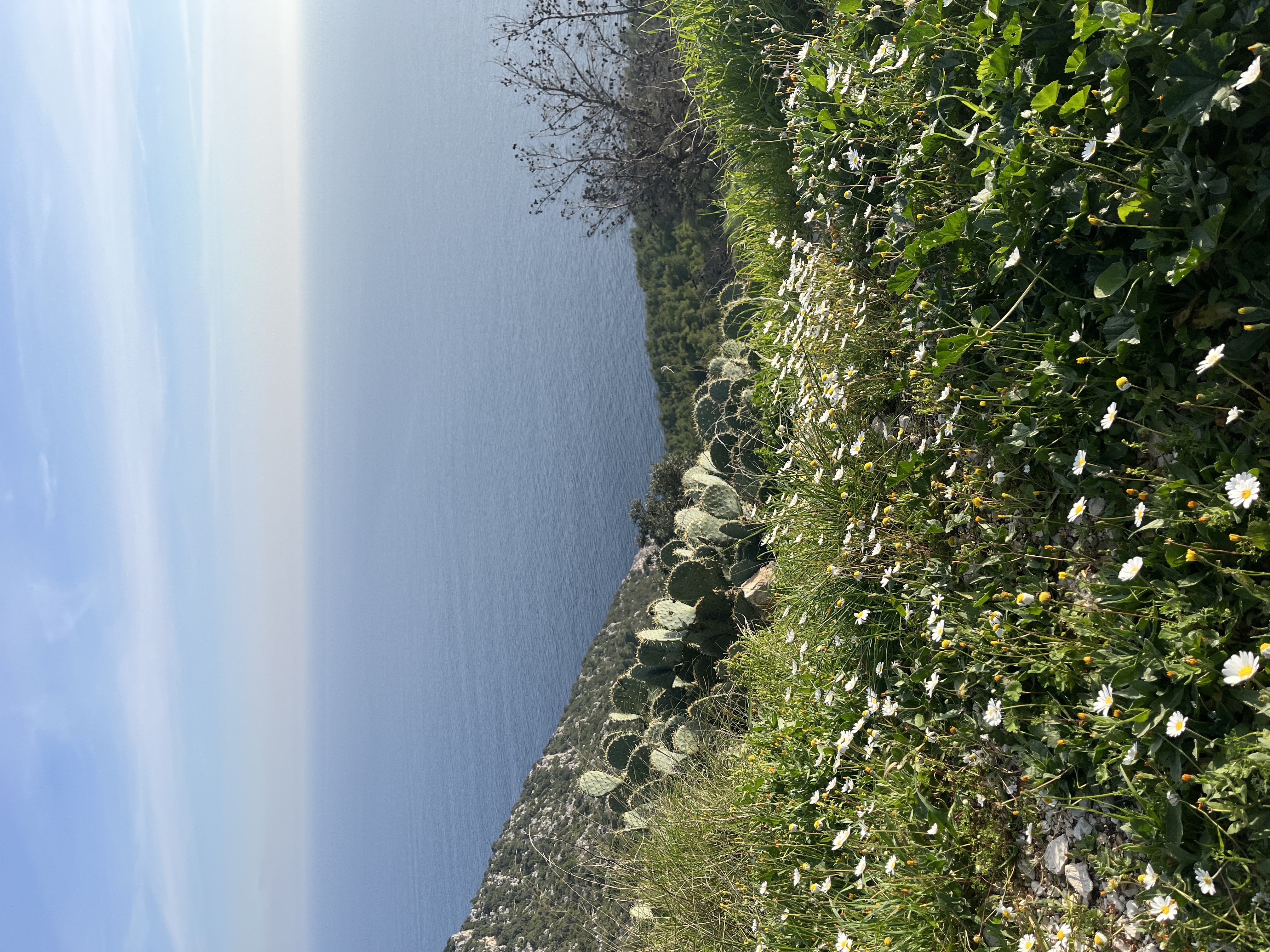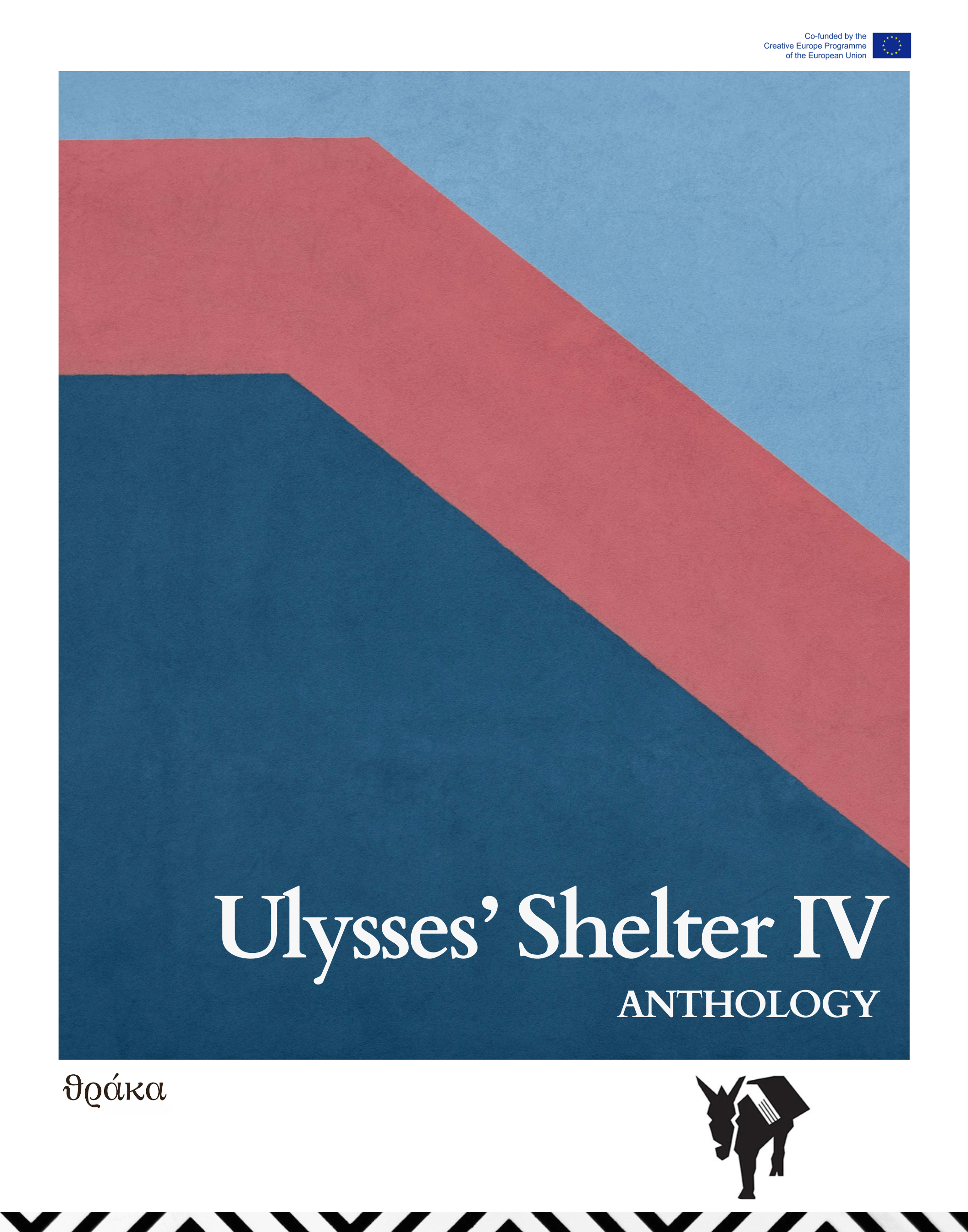There is a river that runs right down the side of the house. In just two nights I master the delicate balance of cracking open my bedroom window just right, so I can listen to the river murmuring in the dark without its cold breath waking me up in the middle of the night.
Beauty, and the unease of it. How self-evident and self-sufficient it is. The last I find most disconcerting of all: the bare fact that the immense and varied beauty of this place asks nothing from me, requires nothing from me, doesn’t need me at all.
To understand the unease, you must get to know the narrator. I always work. I sometimes fear it’s the only thing I do. I have two jobs (or three, it’s difficult to untangle one from the other), and each is a calling. I care for a parent who cares for my other parent who has cancer and at least two other life-threatening conditions. I am a mother to a small child who has always been a mother to her own mother. I care for two cats - one of them is my best friend, the other an overly dependent son. I have it all, except working hours. I am exhausted and the only thing that scares me more than that is the fact that I might not know who I am if I were stripped of all this work.
I have an inherited fear of beauty (love is a subset in this category). The fact that I can name it, doesn’t stop me from feeling it. I have been taught that of all the tragedies that have befallen and could potentially befall the tiny piece of this Earth I come from, the tragedy of experiencing beauty just might be the worst. The English language has ‘the haves’ and ‘the have-nots’ and they exist as two very separate groups. My mother tongue has the ultimate curse ‘dabogda ima pa nema’. In its deadly sequence the tragedy of your life lies in the fact that for a brief moment you have, and then you don’t. In Croatian it is not about being this or that, it is about the art of losing. As experts, we know that the darkest tragedy lies in the fact that a memory, that body-rooted sensation of other possibilities we once experienced, is the one thing that cannot be lost.
There is a garden in bloom in front of the cottage, a meadow in bloom in the back. In the morning when I look through the kitchen window or sit down to have my coffee in the garden, birds, large and small, gather around me.
But I am elsewhere. There is another reality I brought here, I found here, one deeply rooted in fiction. I was so thoroughly colonized by British culture at such a very young age that every first feels like a return. If I redact fear, financial hardship, war and the desperate need for shelter, I could tell this story in more delicate terms. I could say: Imagine watching a really engrossing series or a film and falling for the lead. My lead was never a person, it was a place, centuries of its past and its present, and a language that babysat me: there was always too much to do, both at home and at work, so first it was cable TV and Cartoon Network and then books that took care of me. There was a lot to be impressed about this elsewhere that opened up in front of me: the country was large, the landscape abundant, but it was through language that it became my true elsewhere, expansive and magnificent. I soon understood, even if I could not verbalize it, that language is not just words, not just a different way of saying the same things, it was a different way of seeing, thinking, being, the whole desperately needed package. Over time, this elsewhere expanded from the island of England, Scotland and Wales to the island of Ireland, but despite the call of the language, it never crossed the ocean.
Living in Caernarfon means feeling tightly intertwined with the fictional worlds that shaped my reality. They are there in the terraced houses, the bay windows, and the slate roofs, in the deep passion for the garden, in the font of the street sign, and the fact that every cup in the house is a mug. Every first is a return here, and each takes me further back. TV series I was too young to really remember come flooding back, memories alive and invigorating. The warm midsummer days and the blooming meadows of the ‘Darling Buds of May’, an abundance of life, and the safety of a large, boisterous family, a complete elsewhere to my own three-person family, with two wrong surnames in times of war when surnames could decide if you live or die. A black conductor’s hat and the whistle of the engine approaching the train station, the same Oh Doctor Beeching whistle I hear when on my first morning I walk into town right past a steam engine. The humour of the Snowdon station cafe in Bangor run by a Ruth, who everyone calls Ruthie, and who greets an old friend with a: ‘Looking good for a Tuesday’.
I have always been guilty of judging reality by standards set for fiction. I know it’s all sorts of fallacies wrapped up into one, but how could I resist? A mere glance reveals how faulty reality really is: see the lack of character progression (at times an absolute lack of character), the plot lines that go nowhere, the lack of motivation, causation, and sometimes, the utter lack of vision and meaning. That is why, when describing the most complete moments of our lives, we say, more often than not, ‘it was like in the films’. That is, probably, the reason why I first started turning reality into fiction, but there is something else at play here. This is fiction turning itself into reality.
There is a tiny room on the first floor, much smaller than the bathroom. I call it my room. I fully appreciate the need for a house on the river, a house near the sea to retain a strong connection to water. There is a powerful rain shower. There is a bathtub that can swallow you whole and still has room for more.
During the day I trace a fictional map of Dublin on an actual map until I reach the shore. I read about flora in and around the Irish Sea. I take the two-page folder with pictures of wildflowers growing in the large garden, put together by my host, stare out of the window, and read the names in English and Welsh. I have long conversations with myself. I write notes, pages and pages of notes. I hear the characters from my novel speaking in English, they have never been this at ease. I walk. Five, ten, eighteen kilometres on my best days. My poor right ankle, fresh out of physiotherapy, doesn't protest in the slightest. I walk everywhere and would walk anywhere given half a chance. In my stride, first I move through the town, the countryside, and the shore, then through time and knowledge. I walk so much and for so long that I actually start moving on the inside.
The first word of Welsh I learn is ‘croeso’. It means ‘welcome’.
There is so much beauty everywhere that I become so keenly aware of the privilege of this fleeting moment. I then set to work to dilute the guilt. This privilege, any privilege, unnerves me because I am not sure if I have earned it. My friend calls me and tells me that I earned all of this with my work long ago. I believe her, she is to be trusted, but I can't feel it. I know the dictionary definition of the verb ‘to be entitled’, but in reality, I can't grasp the feeling or the scope of it. When you come from next to nothing you always have something to prove. You always doubt. You always work, just in case.
At night I go to my child’s room and sleep, a slumber so sound, so rarely accessible in adulthood. Until now this kind of sleep was only a memory. Of summer days spent playing in the heat of the street, of long days jumping in the sea. I wonder how I slept in other seasons when all these memories are memories of summer. This is in fact a memory transformed into a story so as to be remembered.
There are six chickens in the garden, they are the fluffiest hens I have ever seen. Their soft feathers jiggle as they walk freely about the garden. The first four days they ignore my presence. After that I only have to call them and they come running.
I quickly progress to a five-year-old version of myself that sometimes speaks only in one-word sentences: Robin! Magpie! Heron! Squirrel! Wood mouse! In my tiny room I can literally feel myself expand on the inside. Is this the reason why children’s rooms are always smaller - a single bed, a desk, a stool for a nightstand? Is it really not about the size of our bodies or the amount of things? Could it be that this architectural habit takes into account the relation between the actual physical space of the room and the immense internal expanse, the realms of the imagination of a child? The multitudes that constitute life at that age.
It is precisely these multitudes we narrow down to one as we grow up - one job, one hobby, one person. Is this the reason I write, why I always, when asked, define myself in terms of verbs not nouns? I never say ‘I’m a writer’, I say ‘I write’. Is this my way of allowing myself to continue becoming, my way of squeezing through the demands of adulthood and retaining the possibility of multitudes I now remember so acutely?
The wi-fi is only strong enough at the kitchen table, in my bedroom the signal bar is empty. I quickly give up attempting to connect. At first, I read under the light of the lamp clamped to the stool that serves as a nightstand, but I turn the pages slowly, the story loses me and I lose it. Then I slip into the luxury I have not had in years. I daydream. Of places, things, and people that are just my own. I am transported to the place all of my fiction originated from.
When I wake up, I realize I have been exploring this exquisite elsewhere only in places that relate to my novel. I have turned my daydreams into work and there are consequences. I walk through meadows, fields, and country roads to get to beaches, cliffs, lighthouses. Wherever I arrive I turn around and search for Snowdon’s towering shadow. The consequence is that I simply don’t understand the meaning of the word leisure. I am not even sure it can be fully translated into Croatian. In my mother tongue you either work or you’re lazy. In this linguistic and social constellation, a lazy woman is the rarest of creatures. In Croatian ‘vrijedna žena’ means a good woman, a worthy woman, but also a hard-working woman. This is another reason why English is my elsewhere, in it all these words can live independent lives.
The second word of Welsh I learn is ‘môr’, which means ‘the sea’. I had to seek that one out.
There is now a note in the visitors’ book and it says: ‘Thank you for the easy mornings, soft nights, and the right kind of balance between solitude and company. Being here really is the stuff of dreams.’
On the penultimate day I finally google Snowdonia National Park. The mountains, the lakes, the waterfalls. Thirty minutes at the top of Snowdon for my family of three costs 120 pounds in train tickets. The poor work so the rich could fully comprehend the meaning of leisure. Before I go, I let go.
Everything here is absolute present, a memory of a distant past, a storyline from a work of fiction and in a matter of hours it will be handed over to the past. As the last day recedes, I feel it all morphing into a daydream, a new fiction, returning to the realm of elsewhere. Cherry-picking, mixing and matching, condensing whole weeks into an instant, a cinematic moment or a sequence which can now be relieved indefinitely.
The third word of Welsh I learn is ‘agored’. It means ‘open’.
